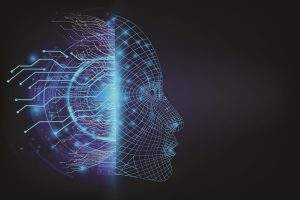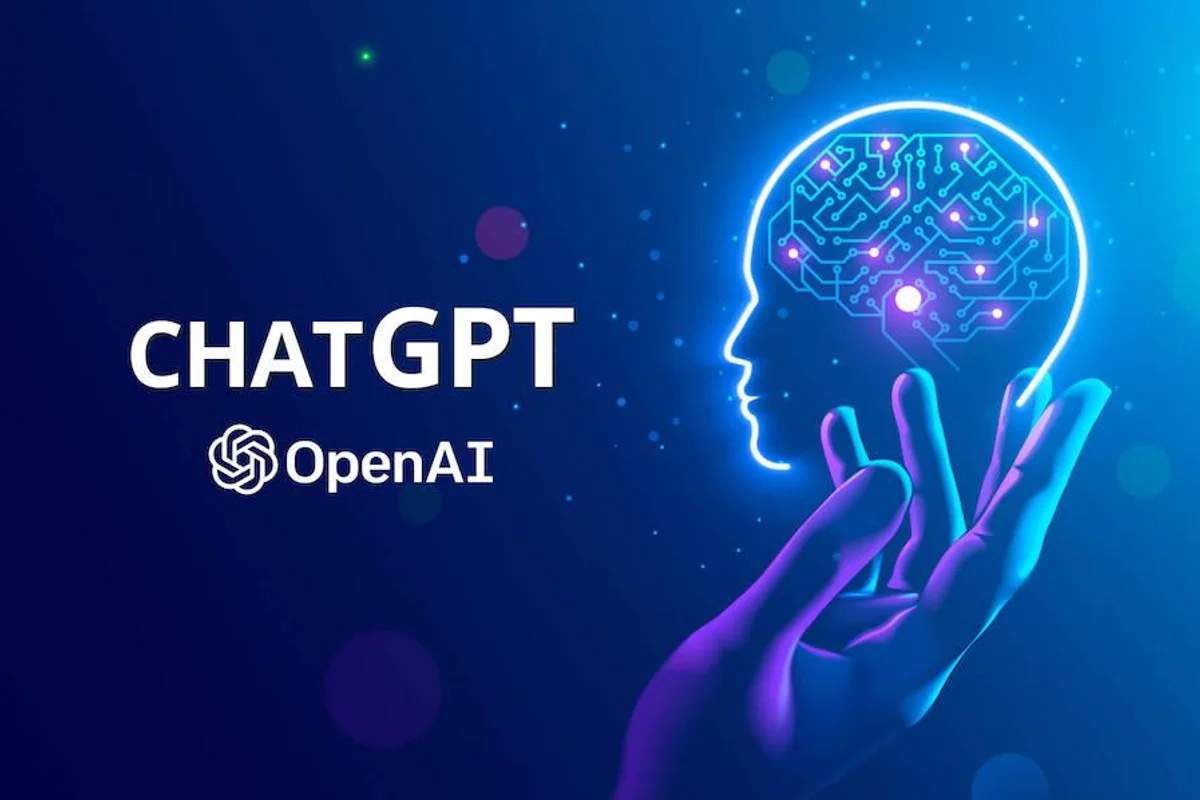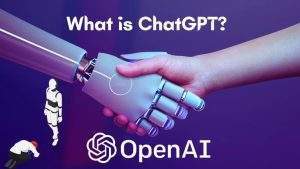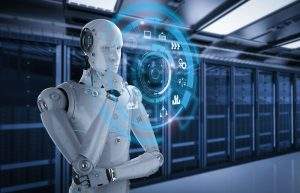Artificial intelligence (AI) and machine learning are revolutionizing the healthcare industry, making it possible to analyze large amounts of medical data and identify patterns that can help in the fight against diseases. This includes analyzing images of tumors to identify the most effective treatments, as well as analyzing genetic data to identify potential targets for new drugs.
One of the most significant applications of AI in healthcare is in medical imaging. AI algorithms can be trained to analyze medical images such as X-rays, CT scans, and MRI scans, and identify patterns that may indicate the presence of a disease. This can help radiologists and other medical professionals to make more accurate diagnoses, and can also help to identify diseases at an earlier stage, when they are more treatable.
Another important application of AI in healthcare is in drug discovery. By analyzing large amounts of genetic and medical data, AI algorithms can identify potential targets for new drugs. This can help pharmaceutical companies to develop new drugs more quickly and at a lower cost. Additionally, AI can also help to identify potential side effects of new drugs, which can help to improve patient safety.
AI is also being used in clinical decision support systems. These systems use machine learning algorithms to analyze data from patients’ electronic health records and provide doctors with information that can help them to make more accurate diagnoses and treatment decisions. This can help to improve the quality of care for patients and reduce the risk of errors.
AI is also being used in the field of precision medicine. This field uses genetic data to identify the best treatment options for a particular patient. By analyzing a patient’s genetic data, AI algorithms can identify the mutations that are driving a particular disease and help to identify the most effective treatment options.
In conclusion, AI and machine learning are revolutionizing the healthcare industry and making it possible to analyze large amounts of medical data and identify patterns that can help in the fight against diseases. From medical imaging, drug discovery, clinical decision support systems, to precision medicine, AI is helping to improve the quality of care for patients and reduce the risk of errors.











